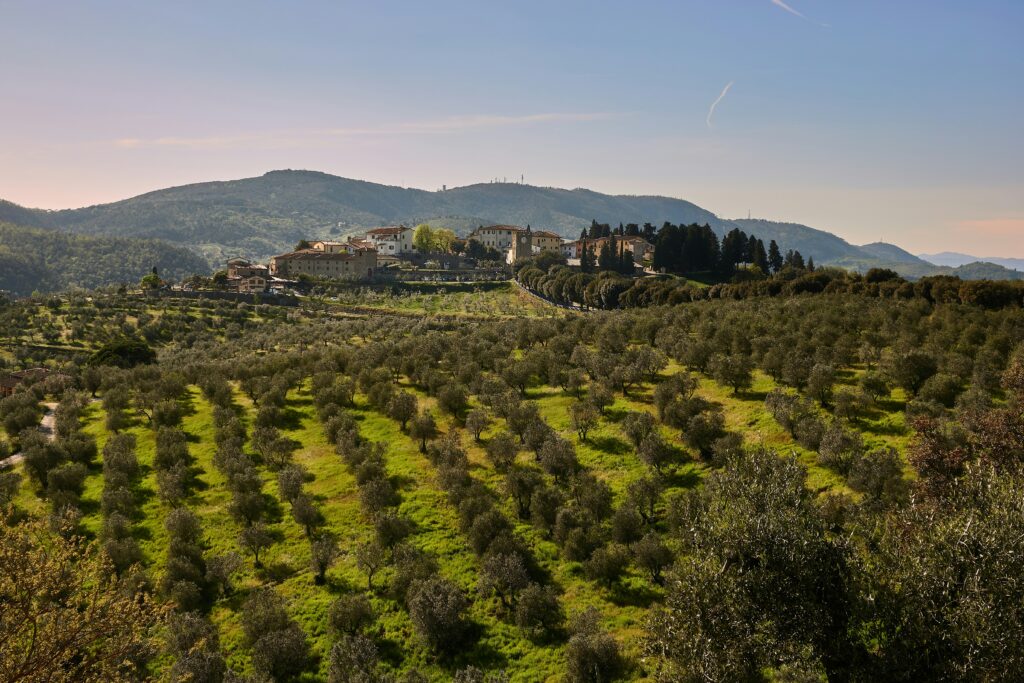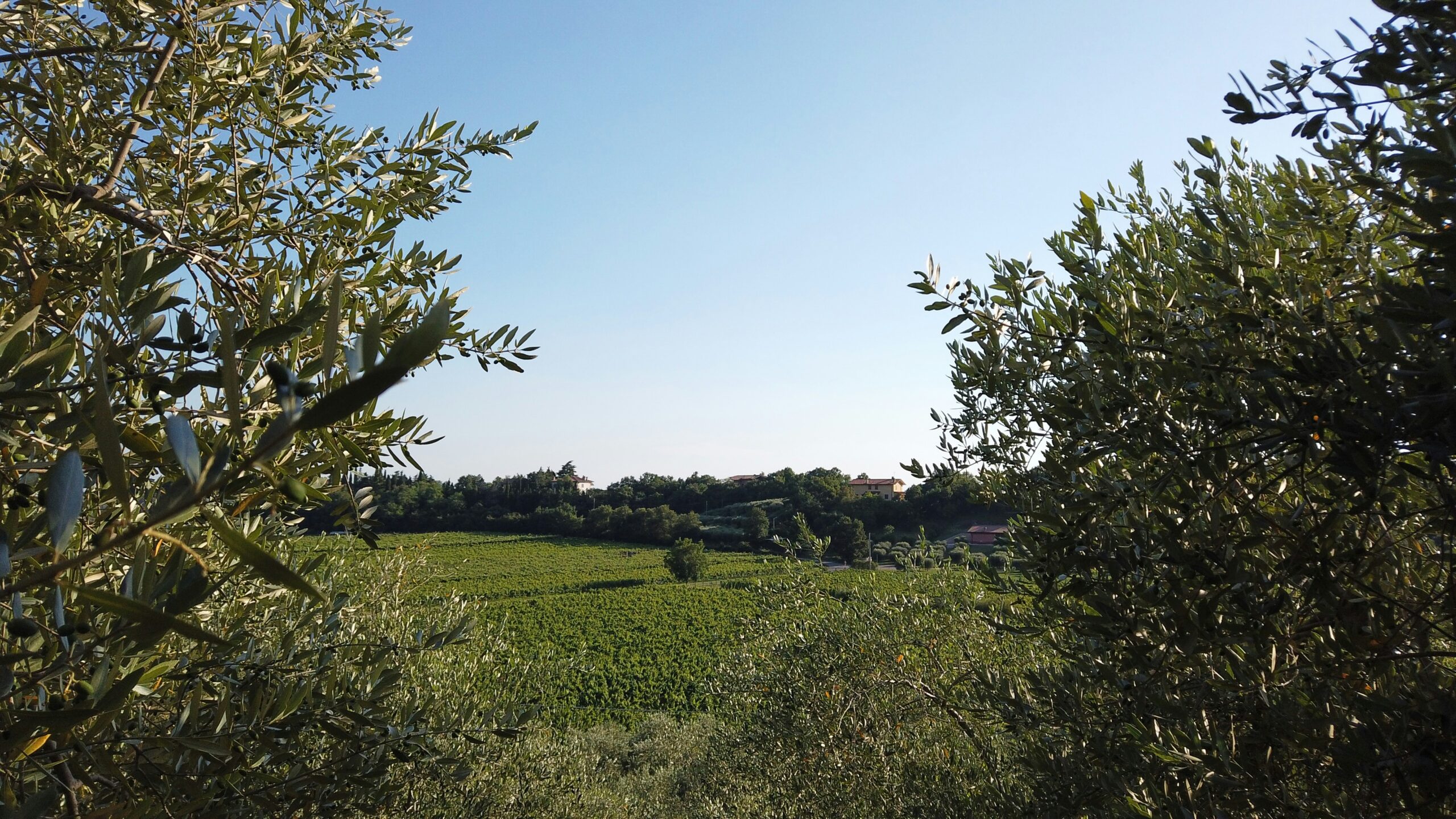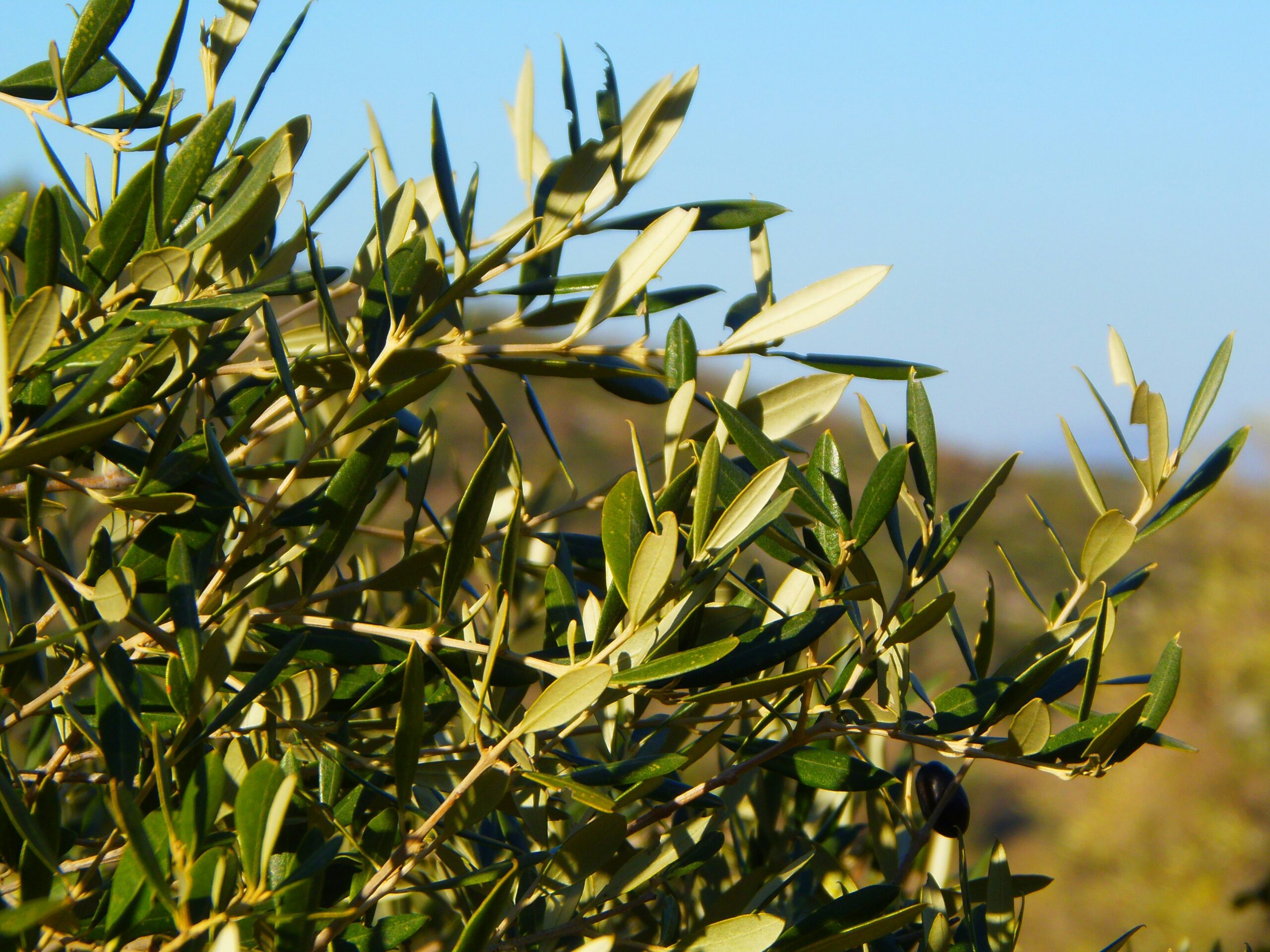If you’re looking to buy an olive farm in Portugal, you’re in the right place! This guide will walk you through the buying process and present a case study of olive farming done right. Not quite ready to buy but want to find out more about olive farms in Portugal and why to invest? Check out our blog post on investment opportunities in Portugal, which will take you through the benefits of olive farming in the country and an overview of each olive-producing region, arming you with the information you need to make an informed decision. Got all the info you need and ready to get the ball rolling on your purchase? Then keep reading!
Key Points
- Plan and Prepare: Define your goals, budget, and preferred farm type (organic, traditional, etc.). Consider location factors like climate, soil, and access to markets, especially in regions like the Alentejo and southern Portugal.
- Understand the Process: Buying involves several steps—legal, due diligence, permits, contracts, and closing the deal. Work with professionals to navigate legal requirements and negotiate a fair purchase.
- Know the Pros and Cons: Olive farming offers strong investment potential, lifestyle appeal, and agritourism opportunities. However, it requires upfront investment, careful management, and awareness of market and environmental challenges.

Buying an Olive Farm in Portugal
If considering purchasing an olive farm in Portugal, you’ll need to have a clear understanding of your personal requirements and budget. If you aim to enter the olive oil market, this involves a multi-step process: from presenting a bid to conducting due diligence, agreeing on the initial terms with a promissory contract, and ultimately finalising the deal. Getting a handle on each step of the procedure will assist you in streamlining your journey and ensuring a profitable investment. Ready to dive in?
Finding the Right Property
The process of purchasing an olive farm starts when you establish a budget that aligns with your financial capabilities and investment objectives. Then, you’ll need to consider your personal preferences – the size of the farm, production potential, and your lifestyle – in order to choose a property that meets these criteria. Exploring different types of olive farms—organic, traditional, or diversified agriculture—will help you find one that fits your investment approach.
Once you’ve established what aligns with your goals, you can begin your search for the right farm! Keeping an open mind across regions – the Alentejo, central and southern Portugal – will help you find an estate that matches your personal and financial goals, ensuring you find a property that fulfils your lifestyle an financial goals.
The Legal Side of Purchasing an Olive Farm
Purchasing agricultural land in Portugal necessitates adherence to specific regulations, including obtaining the appropriate permits and ensuring that all documentation is in order. The good news is that international buyers may acquire property in Portugal without restrictions, though the requirement for permits varies based on farm location.
It’s essential to be mindful of the mandatory documents required, such as title deeds and registration with the land registry in order to safeguard your investment and ensure a smooth process. Knowing the requirements – or working with professionals such as lawyers and estate agents who can take care of them for you – will ensure your investment is kept safe and complies with Portuguese law.
Negotiation and Closing
The successful negotiation of an olive farm purchase usually involves having a solid understanding of its market value and a willingness to agree on terms that are acceptable to both parties. To proceed with the purchase, you should know the reasons behind the seller’s decision to sell and be ready to make appealing offers. The transaction concludes with a public deed known as ‘Escritura’ once all terms have been agreed upon.
Adopt a deliberate approach to negotiation and closure, and remain open to some compromise in order to secure your ideal property at a fair price. This stage is vital to ensuring your investment in an olive farm is both profitable and fulfilling.
Olive Farming Done Right: A Case Study
Olivais do Sul, situated in the Alentejo region, is a prime example of success in olive cultivation. The farm spans 600 hectares of high-yielding olive groves and has received accolades for its premium extra virgin olive oil. By integrating intensive and super-intensive agricultural practices, Olivais do Sul has maximised its output in olive production, demonstrating how productivity and profit can flourish in this region.
Olivais do Sul’s achievements demonstrate that modern farming techniques, when combined with a commitment to excellence, can lead to success. With the appropriate climate and environmental conditions of the Alentejo region, along with contemporary cultivation methods, this farm exemplifies what can be attained in oliviculture.
These examples provide insight and motivation for those considering investing in an olive orchard.
Olive Farming in Portugal: A Sound Investment
Purchasing an olive farm in Portugal enables you to blend age-old traditions with contemporary farming practices. The country is well-suited to olive cultivation thanks to its favourable climate, diverse terrain, and strong demand for olives and their by-products. Whether you are considering the expansive orchards of the Alentejo or properties in Central and Southern Portugal, there are numerous excellent locations to choose from.
However, to ensure a successful investment, you’ll need to fully understand the process of purchasing such a property. This involves locating the right farm, comprehending the legal requirements, and negotiating and finalising your purchase. There may be obstacles along the way, but owning an olive farm can yield significant rewards, such as potentially high returns on investment, the historical value of the land itself, and alternative sources of income. As you strive for success in global olive agriculture, let established farms like Olivais do Sul inspire you and serve as proof of what can be accomplished with dedication in this field.
FAQs
What are the advantages of owning an olive farm in Portugal?
Owning an olive farm in Portugal is both profitable and a safeguard against inflation. Plus, you get the charm of old trees and agritourism.
Where in Portugal is ideal for olive farming?
The Alentejo region, along with Central and Southern Portugal, is ideal for olive farming because of its favourable climate and access to markets. These areas are great for both olives and tourism.
What are the main challenges of olive farming?
Olive cultivation faces several challenges, including significant initial costs, high harvesting expenses, fluctuating olive oil prices, pest control, and water management, particularly in the Mediterranean climate. However, these challenges can be overcome with sound planning and foresight.
How can I find the right olive farm to buy in Portugal?
To locate the ideal olive farm in Portugal, begin by establishing a budget and outlining your requirements, then research different areas and evaluate properties based on climate, soil and market access.
What should I consider when buying an olive farm in Portugal?
When purchasing an olive farm in Portugal, you must adhere to local regulations, obtain the necessary permits, and ensure that all documentation, such as title deeds and land registry, is in order.





